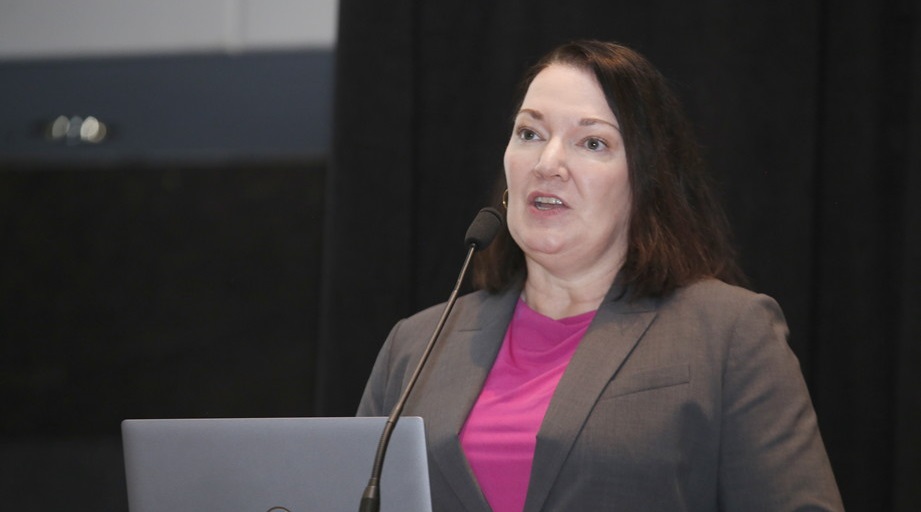
ASHP is pressing Congress to protect patient access to critical pharmacy services as lawmakers finalize work on their final funding measure before a scheduled holiday break on Friday.
The end-of-the-year spending package, unveiled on Tuesday, contains several ASHP priorities, including legislation that curbs abuses by pharmacy benefit managers (PBMs); eases patient access to biosimilars and generics; and improves patient awareness of pharmacists included in Medicare Advantage networks.
Other ASHP priorities in the package include proposals that extend telehealth and hospital at home flexibilities; reauthorize patient access to substance use disorder services; and provide well-being and mental health support for the pharmacy workforce.
“These are all critical pieces of legislation for our members and their patients,” said Tom Kraus, vice president of government relations at ASHP. “We believe that PBM and biosimilar bills have the best chance of getting approved this week.”
PBM Reforms
ASHP supports legislation that addresses harmful PBM practices, including spread pricing in Medicaid and the individual and group markets, excessive PBM fees, and a lack of transparency.
But ASHP opposes site-neutral provisions included in some versions of PBM legislation, said Kraus.
“While we support needed PBM reform legislation,” he said, “we absolutely cannot support harmful site-neutral proposals, which would undermine the ability of hospitals to provide pharmacy services.”
Under site-neutral proposals, Medicare would reduce payments to hospital outpatient departments for medication administration. Kraus said such an approach “fails to recognize that our outpatient sites must operate at a much higher standard to be capable of treating the most vulnerable and complex patient populations. Sites of care that are held to a different standard are often not fully equipped to provide the level of care necessary for many patients.”
The package does contain a provision requiring hospital outpatient departments report national provider identification numbers for their off-site locations — a signal for potential site neutral payments in the future.
“For now, ASHP is pleased to see that Congress heard our concerns and removed these harmful provisions from proposed PBM legislation,” said Kraus. “ASHP will remain vigilant on opposing any future site neutral payment proposals.”
Generic and Biosimilar Drugs
The spending package also includes language from House and Senate legislation, supported by ASHP, that would prevent manufacturers from using a complicated web of patents to prevent competition for their products. This legislation would make it easier for generic drugs and biosimilars to make it to market faster
Telehealth and Hospital-at-Home
The package includes important extensions to Medicare’s authority to pay for telehealth services, hospital-at-home, and alternative payment models that support health system pharmacy services.
Medication Treatment for Opioid Use Disorder (OUD)
The package reauthorizes the Substance Use-Disorder Prevention that Promotes Opioid Recovery and Treatment for Patients and Communities (SUPPORT) Act, legislation that ASHP is in favor of passing. The SUPPORT Act increases patient access to medications for opioid use disorder (MOUD).
“Importantly, it requires a review of the scheduling for medications containing buprenorphine and naloxone, which may increase patient access to pharmacist-provided MOUD,” said Kraus.
Pharmacy Workforce Burnout and Mental Health Support
Kraus said ASHP is also pleased to see the Dr. Lorna Breen Health Care Provider Protection Reauthorization Act included in the spending bill.
Since its initial passage in 2022, the act funded $103 million across 45 organizations to implement evidence-informed strategies — including the ASHP Well-Being Ambassador Program — that reduce and prevent suicide, occupational burnout, and mental health conditions among healthcare providers.
With that funding, ASHP has provided complimentary access to the Well-Being and Resilience certificate program and created a virtual learning community to nearly 5,000 members of the pharmacy workforce.
"The Lorna Breen legislation will help ensure that hospitals and health systems have resources to support the well-being of the pharmacy workforce and their healthcare colleagues,” said Kraus.








